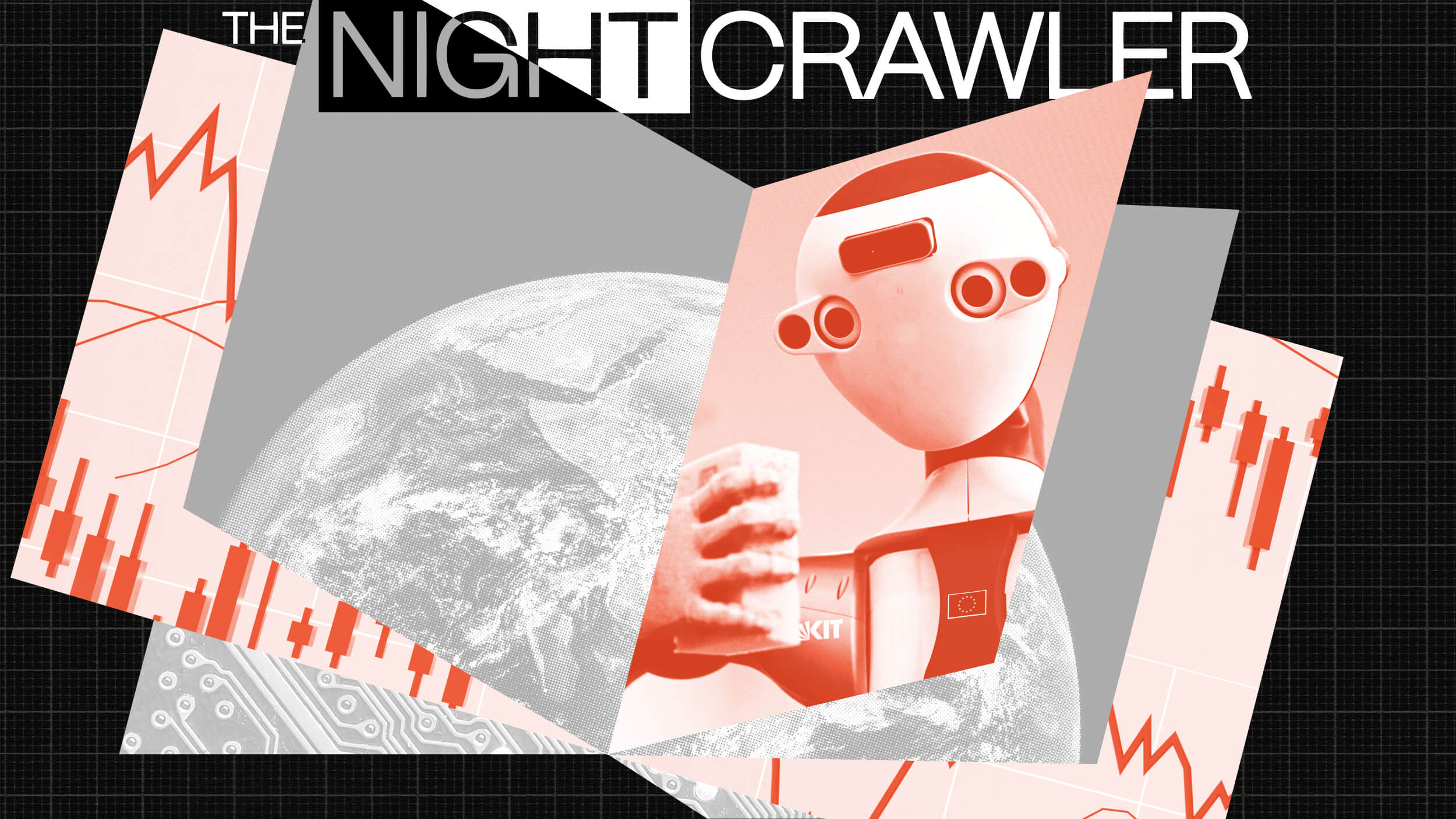The Blackstone co-founder wants to be spontaneously loved.
Well I guess the question is was I inspired, or did I develop this intense drive for perfection and achievement? When I was terribly young, to regain my mother’s affection, I had to have more gold stars than anybody, the best grades of anybody, and win contests and scholarships and all this kind of thing. I think that drive to excel had a lot to do with whatever success I’ve had. But I don’t know if it was inspiration or fear that led me to do it. And there’ve been a lot of occasions where I’ve overdone it. I never forget asking Ed _______. He and I _____ novelist once. “Ed, what do you think a neurosis is?” And Ed said, “It’s the endless repetition of an obsolete experience or feeling.” And the trouble with these drives we get children is they’re often come about for some emotional reason having to do with gaining our parents’ love, or respect, or something. And because it’s not the real thing . . . The real thing is just to be spontaneously loved, not to have to go through this enormous process. It’s _____. It’s artificial, and you keep repeating it, and repeating it, and repeating it because it isn’t real somehow. So I think that’s true in life. I think sometimes when you develop these neurotic patterns, you keep repeating these earlier patterns often to either no end at all, or to an end that has very little to do with the end you’re really after. So I think it’s important . . . We’re all strangers to our own conscious to try to go back and understand how much of what we’re doing started decades and decades ago for reasons or motivations that have very little to do with today. And how much of that is relevant, and how much is excessive? I think it’s a very important lesson to learn in life.I think that if one really gets an insight of the . . . what these neurotic forces are, you can change. But you better get well acquainted with your own conscious and stop being such a stranger to it. Recorded On: 7/26/07





